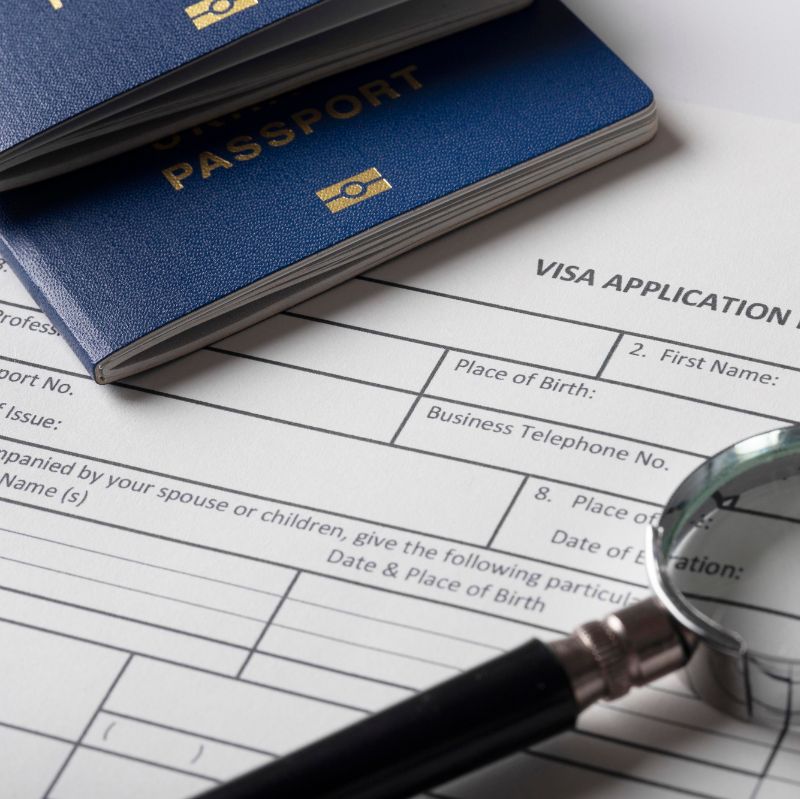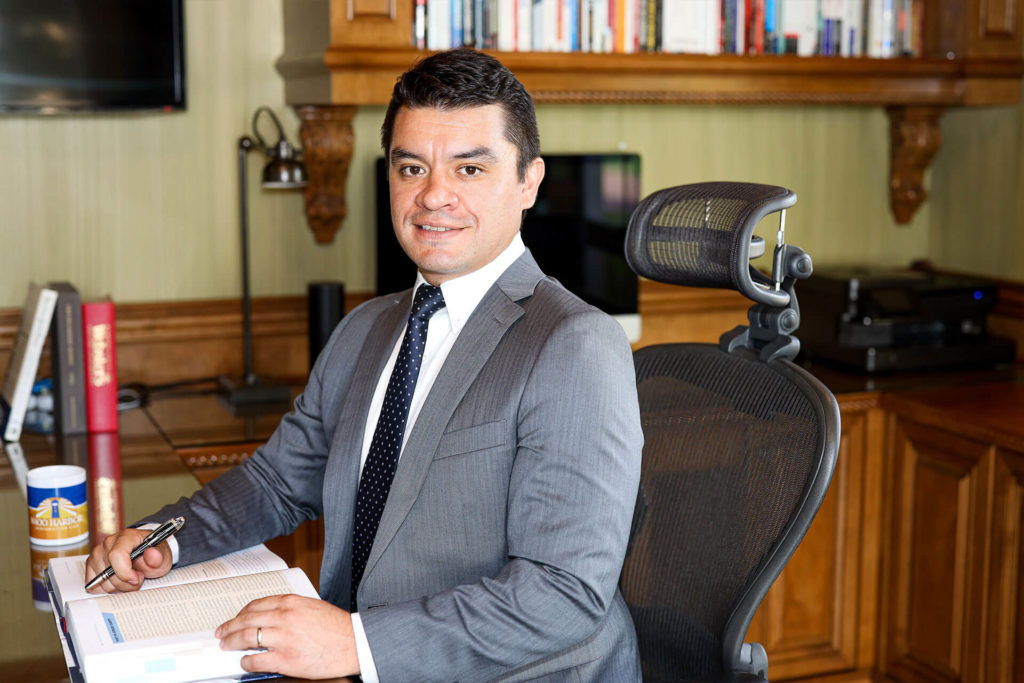We can help you submit a Waiver of Inadmissibility
If you have recently been deemed inadmissible to the United States, you may qualify to submit a waiver of inadmissibility.
The waiver essentially requests the government to waive the previous decision and grant admission into the United States. However, you need to meet specific conditions to reverse the earlier decision. Working with a qualified immigration lawyer can help.
Contact us today for more information or keep reading to learn more about the waiver of inadmissibility.
Table of Contents
What Is a Waiver of Inadmissibility?
Form I-601 is the application for waiver of grounds of inadmissibility. The waiver is required to overrule a previously rejected visa application due to certain inadmissibility issues.
Applicants that were denied a visa or a change of immigrant status may file Form I-601. The form needs to include documentation, including evidence backing up the reasons why you feel that you should be permitted entry to the United States.
Reasons for Inadmissibility of Visa Applicants
The US government has a long list of reasons for denying visa applications. Some of the most common reasons for being denied entry into the country include:
- Health reasons
- Criminal reasons
- National security reasons
- Chances of becoming a public charge
- Lack of labor certification
- Fraud or misrepresentation
- Prior removals

You may qualify to obtain a waiver of inadmissibility if you meet specific requirements. For example, the government offers exemptions for those that have been abused, battered, or subjected to cruelty, such as trafficking victims. Examine some of the reasons for inadmissibility in a little more detail.
Health Concerns May Block Your Visa Applications
Certain health issues could keep you from getting into the United States. For example, you may be denied entry if you suffer from any of the following illnesses:
- Chancroids
- Gonorrhea
- Granuloma inguinale
- Infectious leprosy
- Lymphogranuloma venereum
- Infectious syphilis
- Active tuberculosis
The US government may also block applications from those that have failed to receive vaccinations for vaccine-preventable diseases. Drug abusers and addicts are also likely to be turned away. However, there are potential options for addressing these issues.
For example, a new assessment from a qualified surgeon may determine that you are free of the disease or illness that resulted in your initial inadmissibility.
Criminal Records May Keep You From Getting a Visa
Major crimes, including murder and violations of controlled substance laws, can block you from obtaining a visa. Money laundering, human trafficking, prostitution, drug trafficking, and violations of religious freedom are also grounds for the denial of a visa application.
The government may also deny applications based on national security reasons. For example, the Department of State (DOS) may deny an application if they believe that an immigrant may plan to enter the US to engage in sabotage or espionage.




Mistakes and Fraud Can Result in Inadmissibility
The government can deny visa applications for fraud and misrepresentation. Unfortunately, you may also fall into this category due to mistakes or errors in your application. Omitting certain details by mistake could disqualify you from getting a visa.
Luckily, a skilled immigration lawyer can help you explore ways to resolve the issue. You may be able to reverse the decision and get your application approved.
Why Receive Legal Councel?
Working with an immigration attorney can demystify the process and help you explore potential solutions, including filing a waiver. Contact us today.
How to File a Waiver of Inadmissibility
A waiver is only available for those that qualify. You cannot apply for a waiver if you are permanently ineligible to become a US citizen, have a history of drug abuse, have been involved in drug trafficking, or have committed any major crimes.
If you meet the requirements, you can follow these steps to file a waiver of inadmissibility:
- Obtain the filing fee
- Provide evidence to support your waiver
- Wait for the outcome of your application
- Reapply for a visa
Here is a closer look at the process involved in filing a waiver of inadmissibility.
Paying the Filing Fee for a Waiver
The filing fee for Form I-601 is $930. However, some applicants can apply to waive the filing fee. For example, individuals seeking asylum or fleeing abuse may qualify to have the filing fee waived.
Providing Evidence to Support Your Waiver
One of the most important parts of filing a waiver of inadmissibility is gathering evidence to support your case. For example, you may need to provide evidence to support a claim of extreme hardship or a request for a vaccination exemption. Some of the potential reasons for granting a waiver of inadmissibility include:
- Extreme hardships
- Denial of admission of a crime
- Vaccination exemptions
- Physical or mental disorders
Determining what type of evidence the government will accept is one of the challenges and another reason to consider working with an immigration lawyer. Not providing the required evidence is likely to result in the denial of your waiver.
Waiting for the Outcome of Your Application
After filing Form I-601 and providing evidence, you need to wait for the outcome of the application. The USCIS may request an interview to review your case. The average time to process a waiver of inadmissibility is 8 ½ to 11 ½ months.
Work With a Skilled Immigration Lawyer
Consider working with an immigration lawyer if you plan on filing a waiver of inadmissibility. The team at N400 Harbor Immigration Law can assist with your application and help you explore potential solutions, including filing a waiver.
The steps involved in filing a waiver of inadmissibility may appear straightforward. However, any mistakes or missing documents could delay the process.
Dealing with a refusal of an application for a visa can be frustrating. If you were deemed inadmissible, you may have options available. We can review each option to determine which path makes the most sense for your needs.


